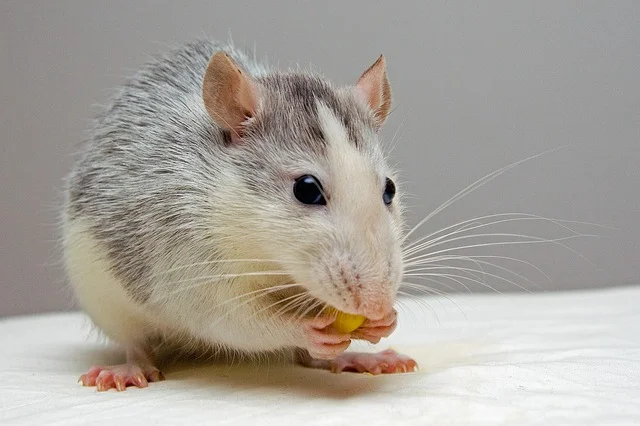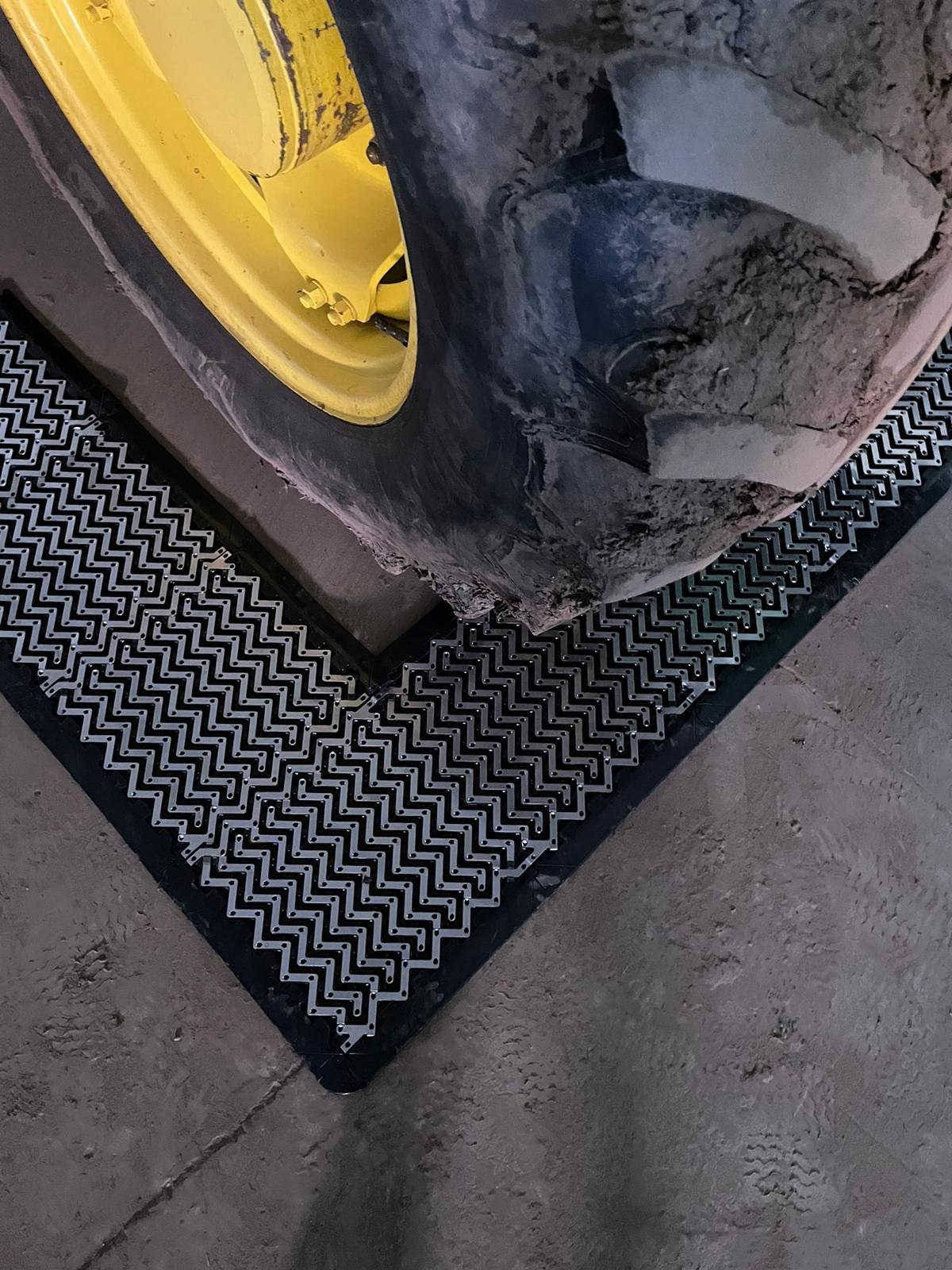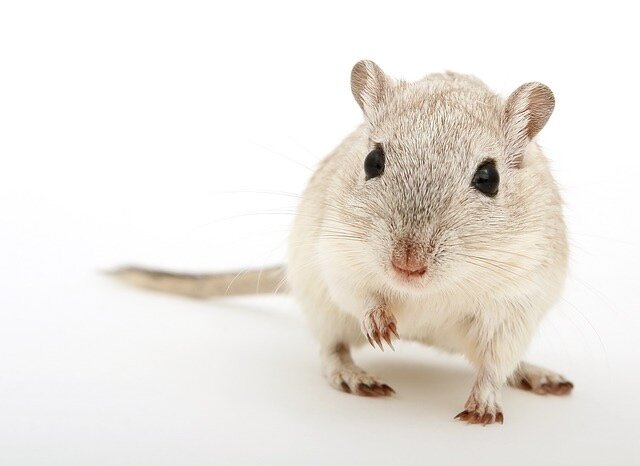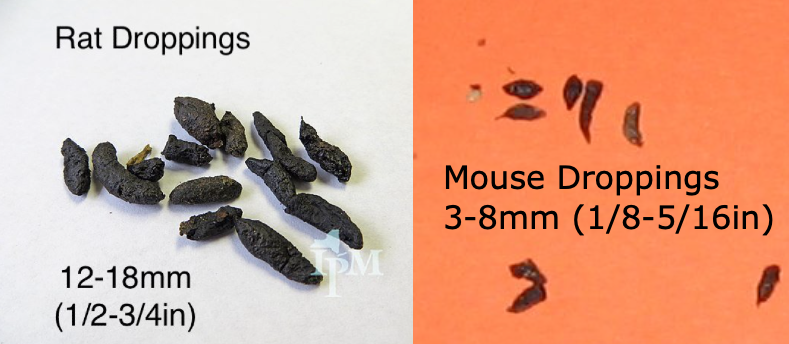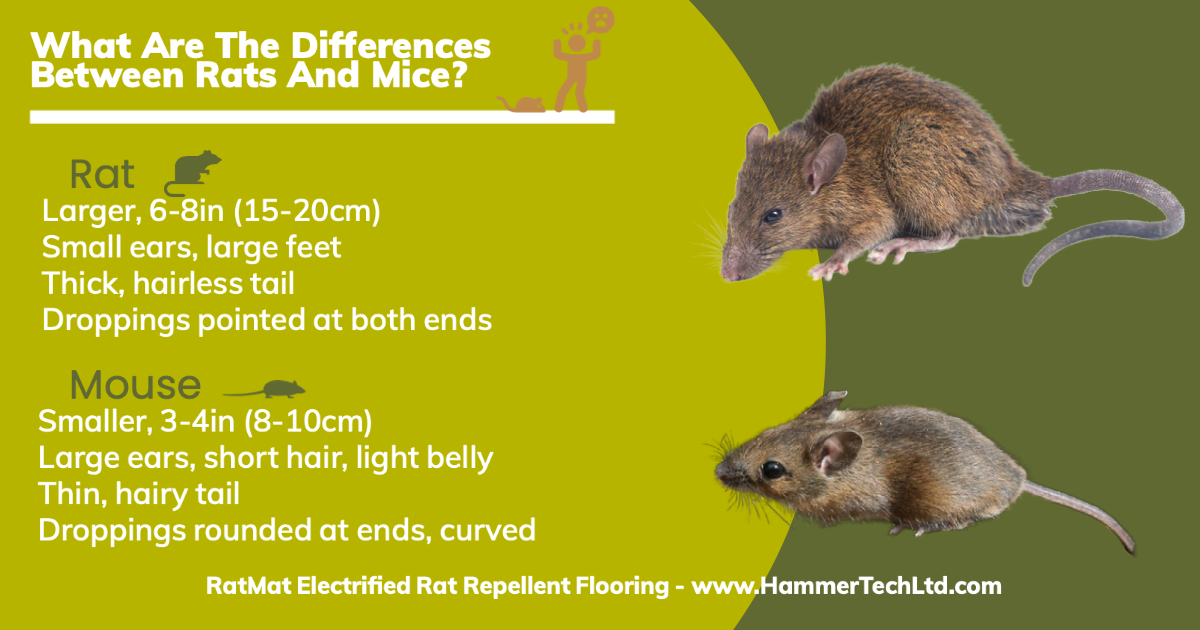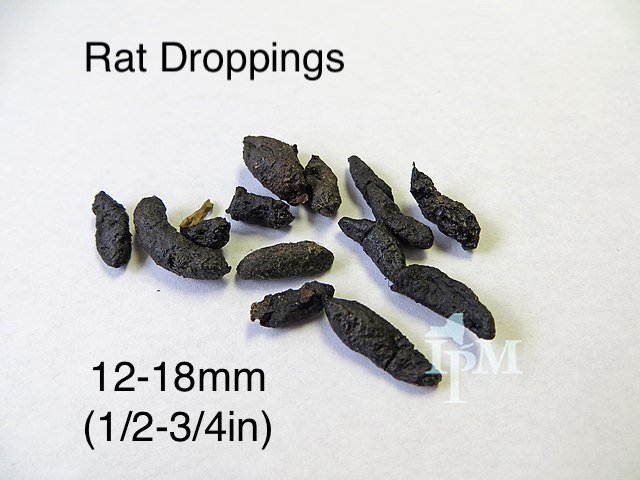Websites often suggest using vinegar as a rat repellent. But does it really work? Vinegar has an unpleasant smell and if used in the pipes and u-bend it may temporarily keep them away. It can sting and would be unpleasant for the rat. Any strong smell may be enough to deter a rodent as it will make them wary that something has changed in the environment. However, for every story of these remedies working there are two saying they make no difference. As well as this, vinegar is also unpleasant as a smell to have about the house.
Do Vinegar And Peppermint Oil Make Good Rat Repellents?
So how about peppermint oil? Some websites swear that it is effective at repelling rats. They often say to use a large amount of a strong oil and put it in places where rats would access the house. It is mentioned that the smell of mint can mask the pheromone trails left by rodents to guide others into your house.
It is sometimes mentioned that peppermint oil may be effective at keeping them away. It is unlikely to make them leave if they are already living there. This makes it of not much use as most people who are looking for a rat repellent are trying to get rid of rats who are already living in the building. Most people who do not have a problem with rodents are unlikely to spend time every few weeks lacing their house with vinegar and peppermint oil. Unless, of course, they are worried about rodents getting in, have plenty of time to spare and don't mind the comments about the strange smell in their house.
A much better solution is to take a look at our rat repellent flooring. This is a much more effective method when it comes to keeping rats, mice and other rodents away from your property. It uses patent pending hardware to generate a protected area where rodents will fear to tread. Don't waste your time on home remedies as the subsequent bills for damage could be very high. The system is ideal for sports and classic cars as it is highly effective and can be driven over. RatMat Rat Repellent For Cars is available in the USA under the name Grid Guard.
What Makes A Good Rat Repellent?
A good rat repellent should be effective at deterring rats from entering and inhabiting an area. They shouldn't cause harm to the animals or the environment. Some other common ingredients or methods used in rat repellents include:
Ultrasonic sound emitters. These emit high-frequency sound waves that are inaudible to humans but can be heard by rats and other pests. They can be effective but their effectiveness may vary depending on the location and the specific rats being targeted.
Cayenne pepper. This spicy ingredient can overwhelm the smell sense of rats. This can scare them and keep them away,.
Ammonia. The strong smell of ammonia can be off-putting to rats and may discourage them from entering an area.
Predator urine. Rats are known to be afraid of predators such as cats, foxes, and owls, so using the urine of these animals as a repellent can be effective at deterring them.
Traps. Trapping rats can be an effective way to get rid of them, but it should be done humanely and in compliance with local laws.
RatMat. This is a completely different type of rodent repellent which works in a different way to all the others mentioned here. It wrks when all else fails as it uses pulses of electricity to deliver a safe electric shock which trains rodents to stay away. Studies have shown that animals don't become accustomed to shocks from electric fences. This means RatMat will continue to be effective indefinitely.
It's important to note that most repellents are not a permanent solution. Rats may eventually become accustomed to them, so it's important to continue monitoring the situation. Upgrade to a RatMat if you are continuing to suffer damage. You may have to use a combination of methods to get rid of them. Also, it's important to locate and seal off any entry points that rats may be using to get inside a building or area.
Do Rat Repellents Work?
Rat repellents can be effective at deterring rats from entering and inhabiting a certain area. Their effectiveness may vary depending on the specific repellent used, the location, and the behavior of the rats.
Ultrasonic sound emitters, for example, have been found to be effective in some studies, but not in others. Peppermint oil, ammonia, and predator urine have also been reported to be effective in repelling rats. However, their effectiveness can depend on the intensity and duration of the smell, as well as the individual rats' sensitivity to it.
Traps can be a more effective solution. It is important to use them humanely and in compliance with local laws, and also to remove the dead rat as soon as possible. You may find that soon after you trap the rats in the area, more may move in to take their place, making this a temporary solution.
What Is The Best Rat Repellent?
There is no one "best" rat repellent as effectiveness can vary depending on the specific repellent used, the location, and the behavior of the rats. However, some methods have been found to be more effective than others in repelling rats.
Trapping is considered one of the most effective methods for removing rats from an area. Despite this they often return and continue to cause damage. This is why RatMat is ideal as it continues to be effective for many years. Use the menu at the top of the page to find your nearest dealer or contact us for further information.

